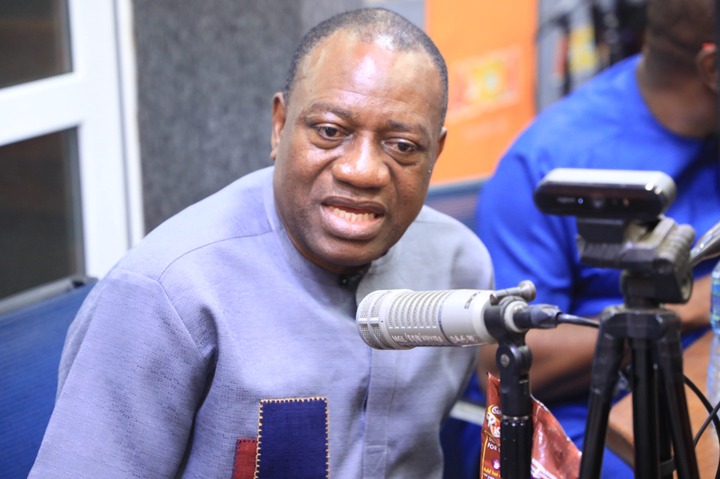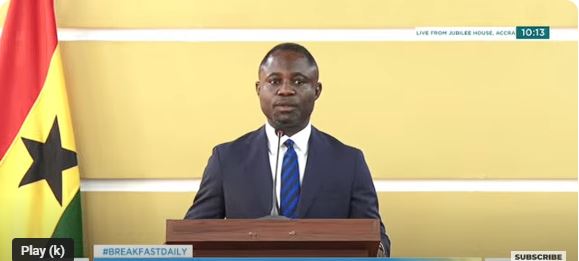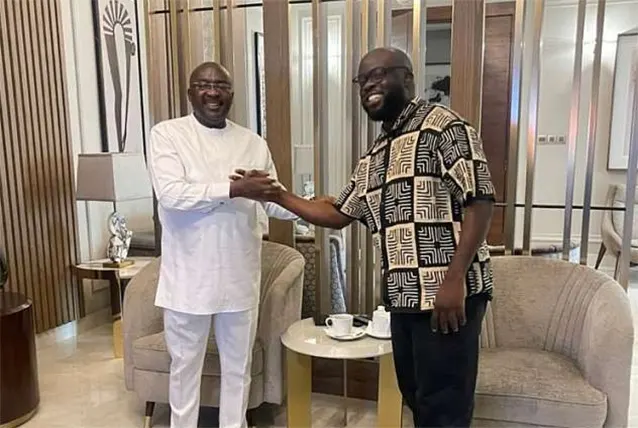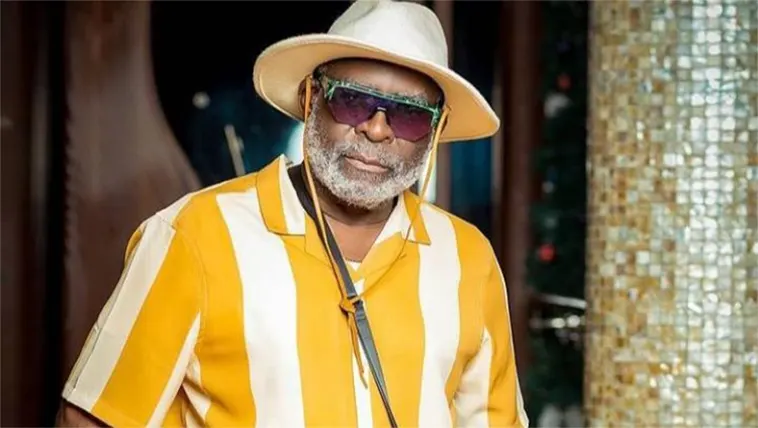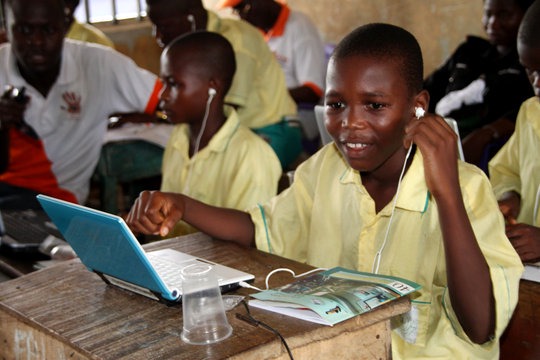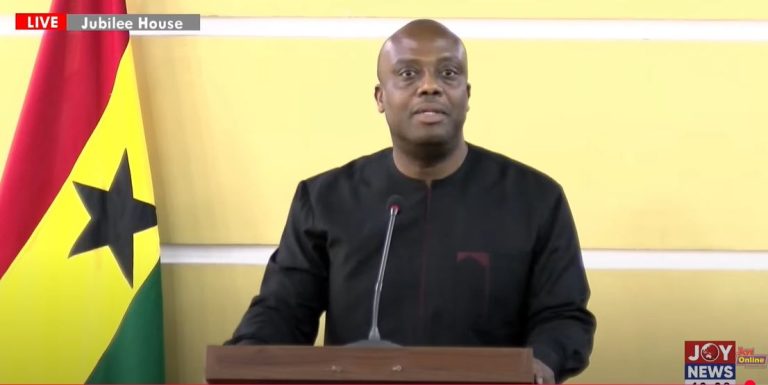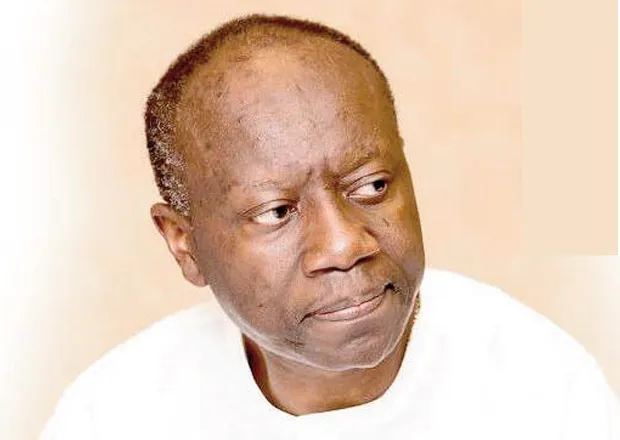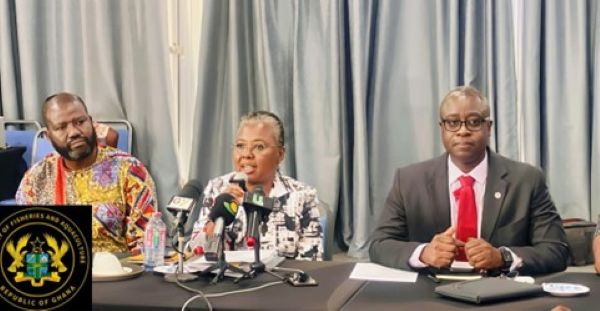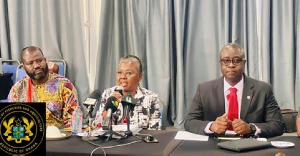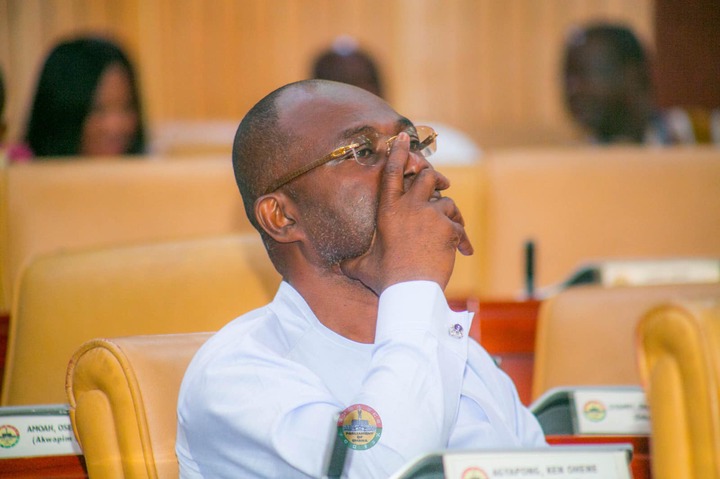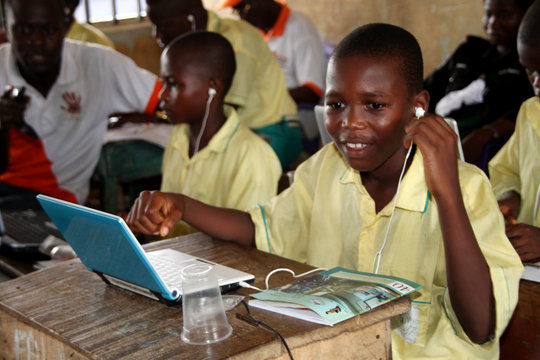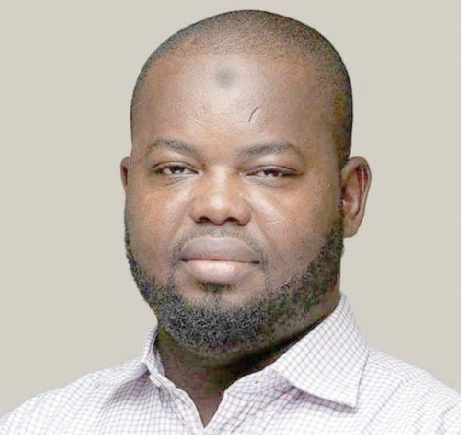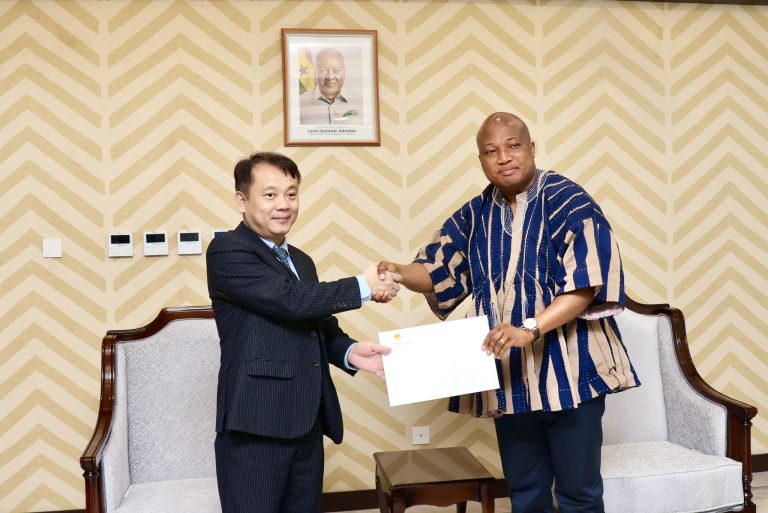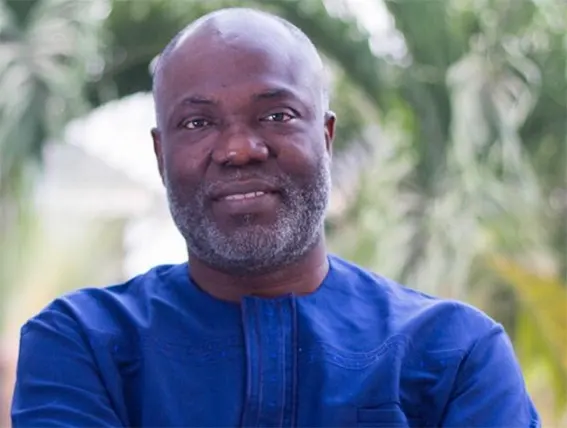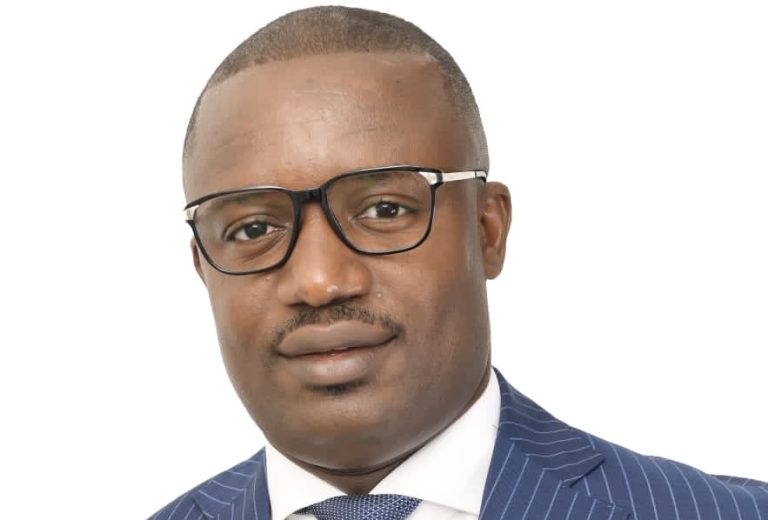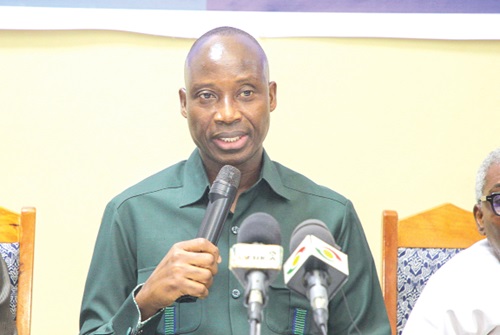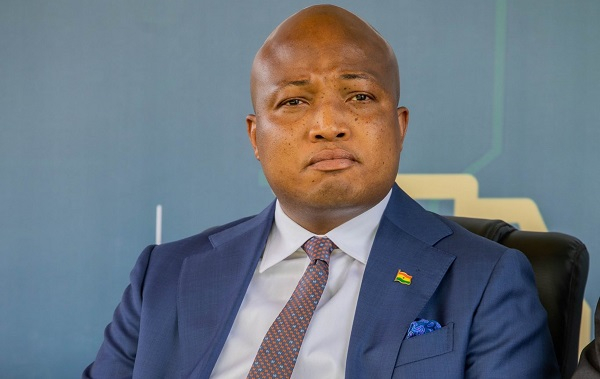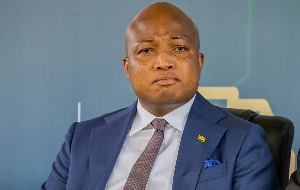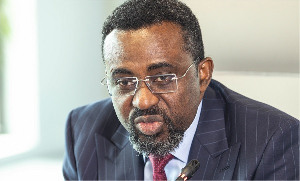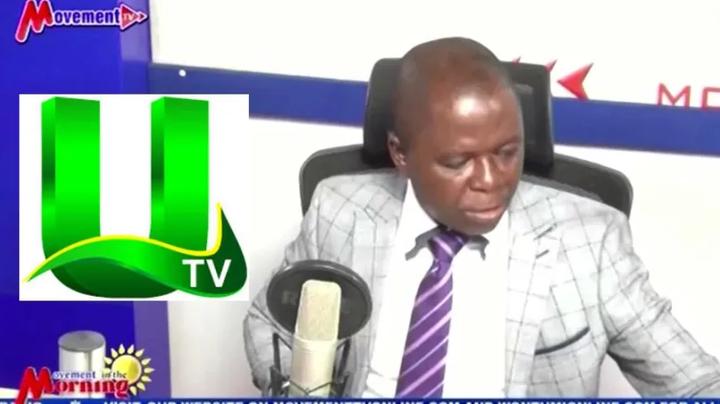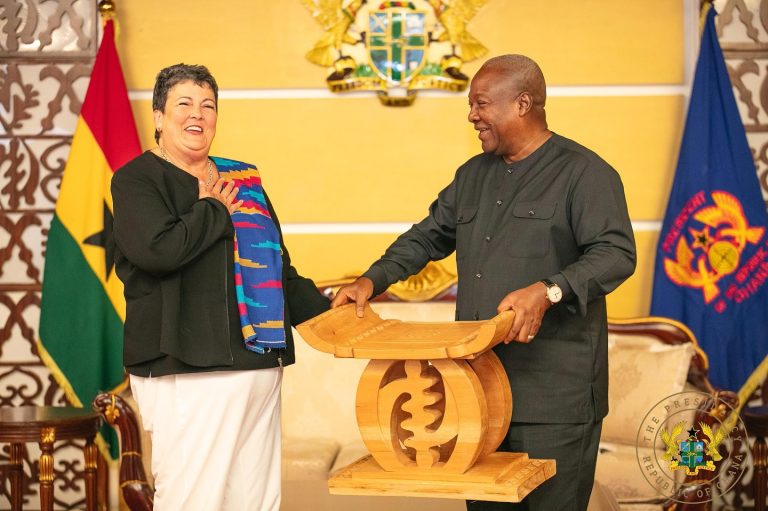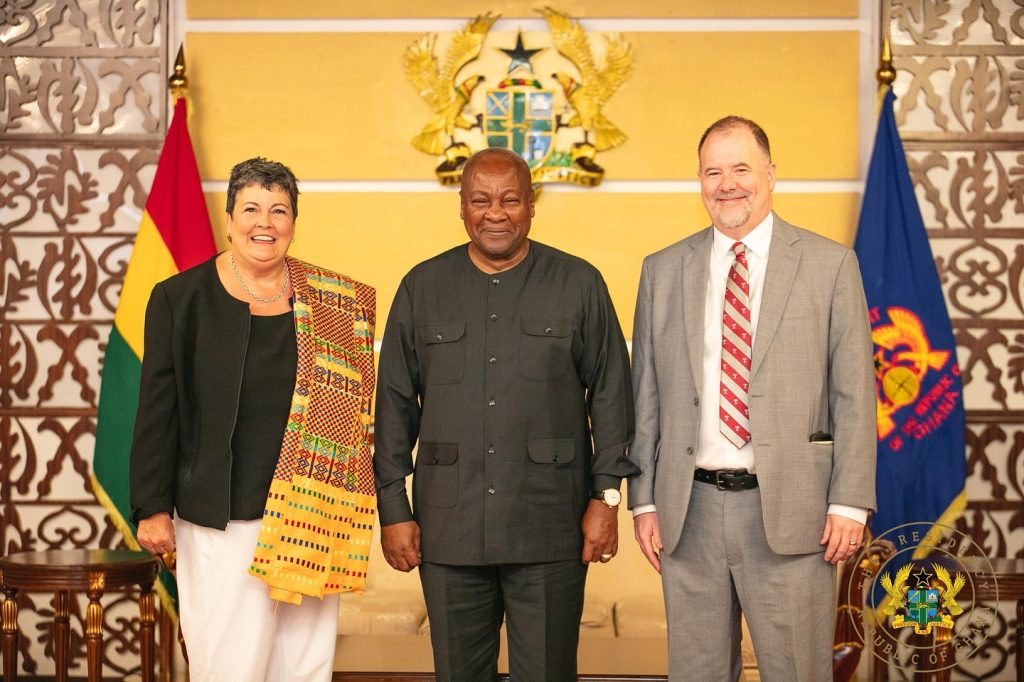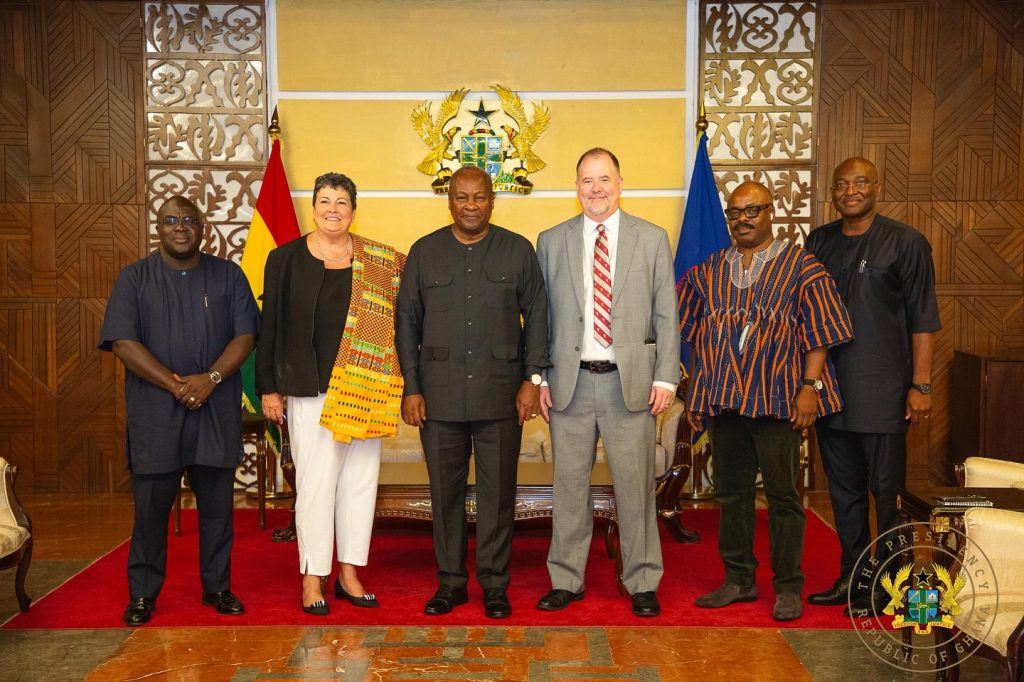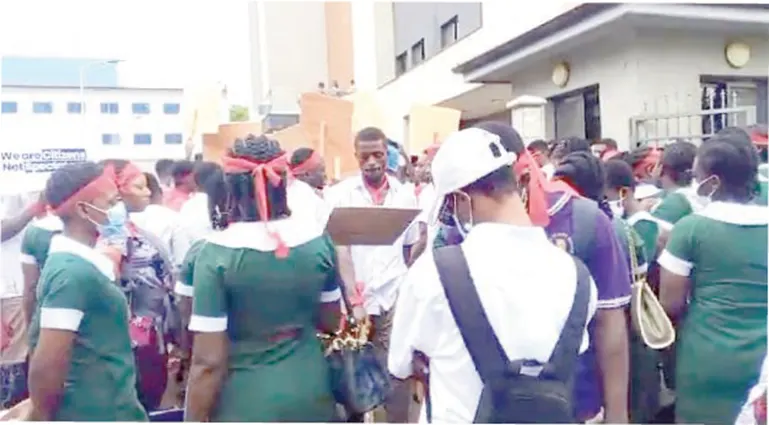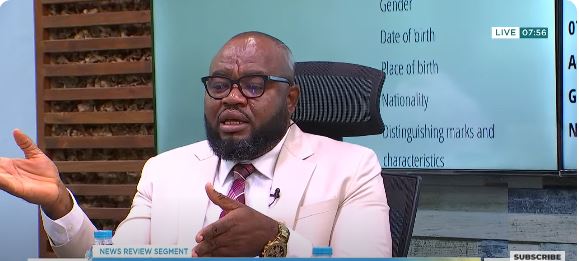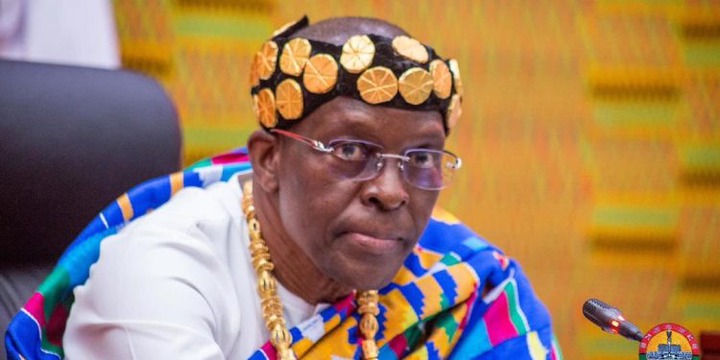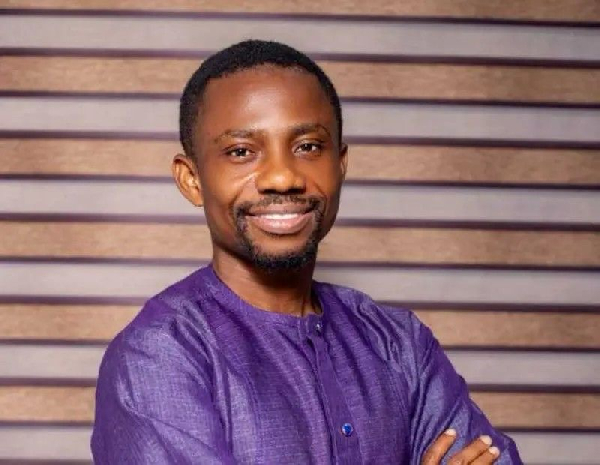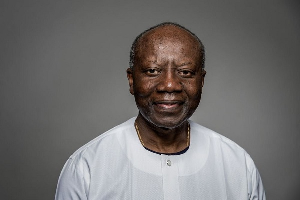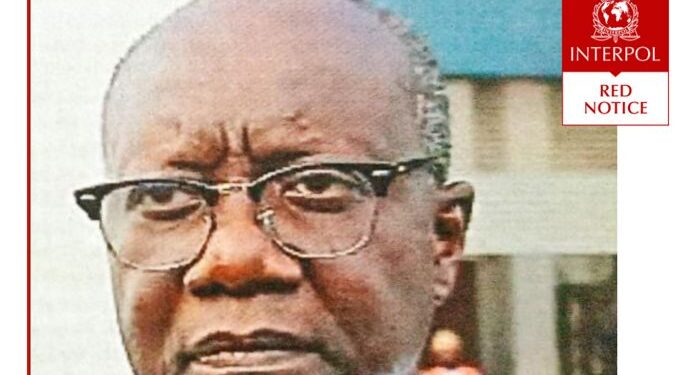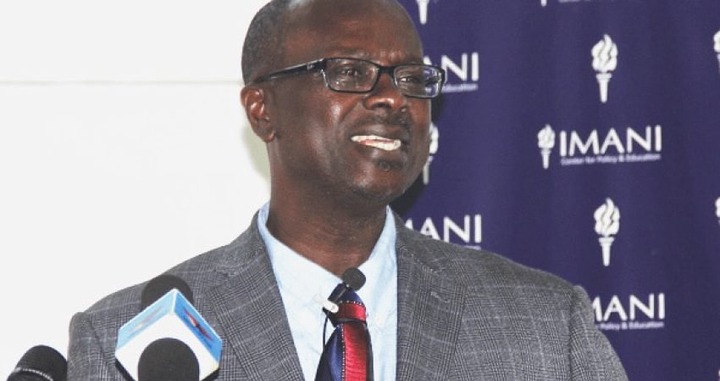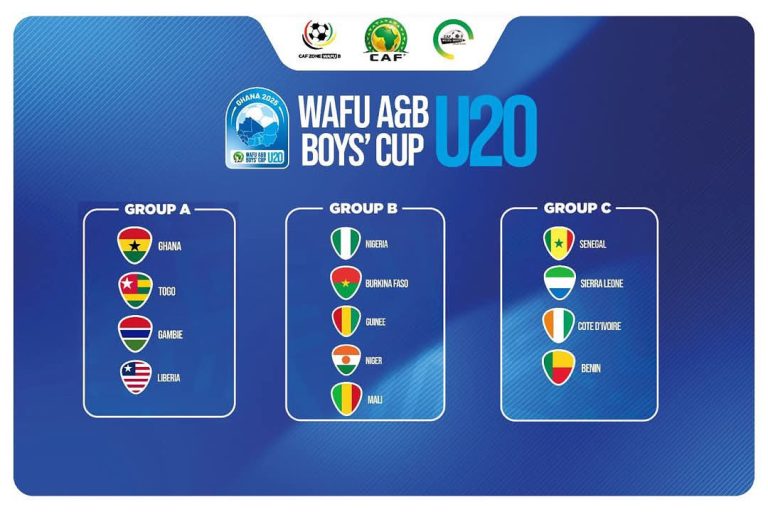Music is more than just a business, but a powerful tool that influences behaviours either positively or negatively.
The spiritual value of music cannot be underestimated, from the exquisite harmonies and melodies to the impact that the words or lyrics may have on one’s life.
The scene during various musical concerts is nothing short of fantastic, some breathtaking as fans emotionally connect to the songs and rhythms of their adored artistes.
Even in our daily lives, music clearly changes and influences us, with musical artistes, becoming heroes and in extreme cases, a cult leader.
Regardless of the positive aspects of lyrics, it is obvious that in today’s music industry, lyrics are being used to promote drug use, prostitution, pornograph, and the ‘get rich quick’ mentality among the younger generation.
The exposure of the youth to such unsuitable language in songs is steadily weakening society’s moral standards and values, which may have a negative impact on the country’s future.
The Power of Lyrics
A great instrumental arrangement makes a song attractive but well-constructed lyrics increase listeners’ bonds with the music, irrespective of their positive or negative messages.
Dr Moses Nii-Dortey, a renowned ethnomusicologist, says music has some major strands: one which is purely instrumental and then purely vocal or a combination of both.
“Lyrics play a purely aesthetic role and the essence of the music is basically to embellish and make people enjoy something beautiful.
“And it is in that spirit that you are likely, for example, to have some musicians who will use what you call vocables. They don’t say anything meaningful, but people still jam to their songs.
According to Dr Nii-Dortey, who is the Coordinator of the Music & Dance Section of the Institute of African Studies, University of Ghana, some musicians put together lyrics to achieve functional, aesthetic and commercial objectives.
He describes lyrics as the voices of the masses and serve as a linkage between the powerful in society and the less privileged, especially in a world where the voices of a few are heard, whether on the radio or television.
“The only place where you hear voices of the masses and what they are thinking, how they feel, is through popular artistes. They sing their voices, representing the masses, so that authorities and the powerful in society hear and know what is going on,” he said.
Ghanaian musician Theophilus Nii Arday Otoo, popularly known as Epixode, pays attention to his lyrics ” as an extremely powerful thing that goes beyond melody and speaks directly to people’s hearts and minds.”
“When someone hears words that reflect or resonate with his or her struggles, hopes, or dreams, it inspires change, bring healing, or even push the person to take positive action. That’s why I’m intentional with my lyrics, not just to entertain, but to elevate and connect,” he said.
The cause of increased use of vulgar lyrics
The use of lyrics to portray vulgarity in Ghanaian music was done by foundational and past musicians with proverbs, euphemisms and idiomatic expressions, masking them to be more subtle and philosophical.
Many young people sang those songs with the draped lyrics only to appreciate their true meaning when they grow up.
But in recent times, the vulgar lyrics of music are so raw and plain that even children are able to comprehend, exposing them to the dark side of life.
Renowned entertainment personality David Adjei Frimpong, popularly known as MC Portfolio, says many musicians have been encouraged into using inappropriate language in their songs because of the music market forces.
He explained that the market tends to popularise songs that promote profanity over those that inspire or motivate listeners.
“The music industry is market-based, and people have rights and options to choose from. However, the system popularises and pushes the one that has the tendency to ‘corrupt’ people.
“Lyrics represent the culture of an artiste, and they also use it to perpetrate or push an agenda, whether consciously or unconsciously,” he explained.
The emergence of new musical genres in Ghana, including dancehall and hip-hop, has also contributed to the rise in profanity, as artistes are compelled to include explicit lyrics in their songs to demonstrate their loyalty to the genre.
Some music investors are not willing to invest in genres like Highlife or Hiplife which tells the Ghanaian moral story but are ever ready to invest into content that promotes confused sexuality, drug use, among others.
These thoughts are further echoed by MC Portfolio, who says it is not easy for musicians who do Highlife music to get support.
“Many record labels are ready to pump money into genres like hip-hop, reggae, and dancehall because they find them more commercially viable than Highlife.
“The mentality is such that it looks cool to be vulgar, and that is what the new generation accepts as the new cool.
“So, if you are an investor, and all you need is to make money, you don’t have to think about the morals of the business, of course, you’ll go where you think that can fetch you the return,” he said.
Artiste’s Perspective
Ghanaian artiste Epixode believes the use of profane language is more of an artistic expression rather than a commercial tool.
“There is no denying that shock value can sell, and sometimes vulgar language is used to grab attention or reflect the rawness of certain experiences.
“But I believe it’s more about expression than sales. Some artists use strong language to reflect their reality, pain, or rebellion,” he said.
Epixode further stresses that the use of profane language becomes dangerous when it becomes a trend and used carelessly without purpose, adding that music should be powerful and not just provocative.
Regardless of the rise in vulgar language, Epixode, who recently won the “Music for Good” award at the 2025 Telecel Ghana Music Awards (TGMA), believes there is no need to introduce any form of censorship but that artists should be responsible in the choice of lyrics.
“We are voices that reach millions, especially the youth. That doesn’t mean we have to be censored, but we do have a responsibility to balance truth with intention.
“If our lyrics glorify destruction more than they educate or empower, we’re failing our audience. Music can be real and raw but still respectful,” he said.
Aside from the responsibility that artistes must bear, Epixode believes that artistes should receive some education to help them realise the significance of their words.
“Art should be free; that’s how it stays honest. But with that freedom comes responsibility. I don’t think the law should silence artistes, but I do believe in industry standards and community accountability.
“Instead of laws, let’s educate and empower artists to know the impact of their words. Change doesn’t always need force; sometimes it needs conscience,” he said.
Way Forward
The evolution of music in the digital era has undoubtedly affected how easily music is accessible to fans, as they are now only a click away from obtaining their favourite artistes’ songs on numerous digital music platforms.
Unlike in the past, when traditional media had some control over music classification and restriction, music fans are now exposed to all sorts of explicit language.
Dr Nii-Dortey says the introduction of some kind of censorship will not be a good idea because it would limit the creativity of some artistes but believes” we can control their radio play.”
“For me, parents do play a crucial role in what their children listen to, and we can also have some kind of control on the radio where such profane songs are not available to the public, especially the younger ones,” he said.
For many artistes, the prestige of receiving an award is significant, and some will go to any length to reach the podium in honour of their hard work and ingenuity.
In recent years, awards schemes have played an important role in reducing the rise of dirty music, with numerous songs being removed from award nominations due to very explicit and profane lyrics.
Could this be a strategy to discourage artists from writing similar lyrics? MC Portfolio states that, “Our award schemes are intended to safeguard artistes who promote positivity. Our award schemes also have a responsibility to be part of the censorship entity for our music. Initially, awards schemes were very hard on them.
“However, the inclusion of certain genres has made it very difficult because we were putting a special price on genres that have very refined lyrics, especially in the Highlife category.”
MC Portfolio adds that artistes who are decorous in their lyrics for the good of society should be rewarded for their efforts but believes that some awards schemes are rather encouraging the use of vulgar lyrics.
“In fact, there are no good packages or motivating packages that goes with categories that have refined lyrics.
“And unfortunately, some award schemes have also become the reason or part of the reason why lyricism is not censored because they validate artistes who use such inappropriate language,” said MC Portfolio.
